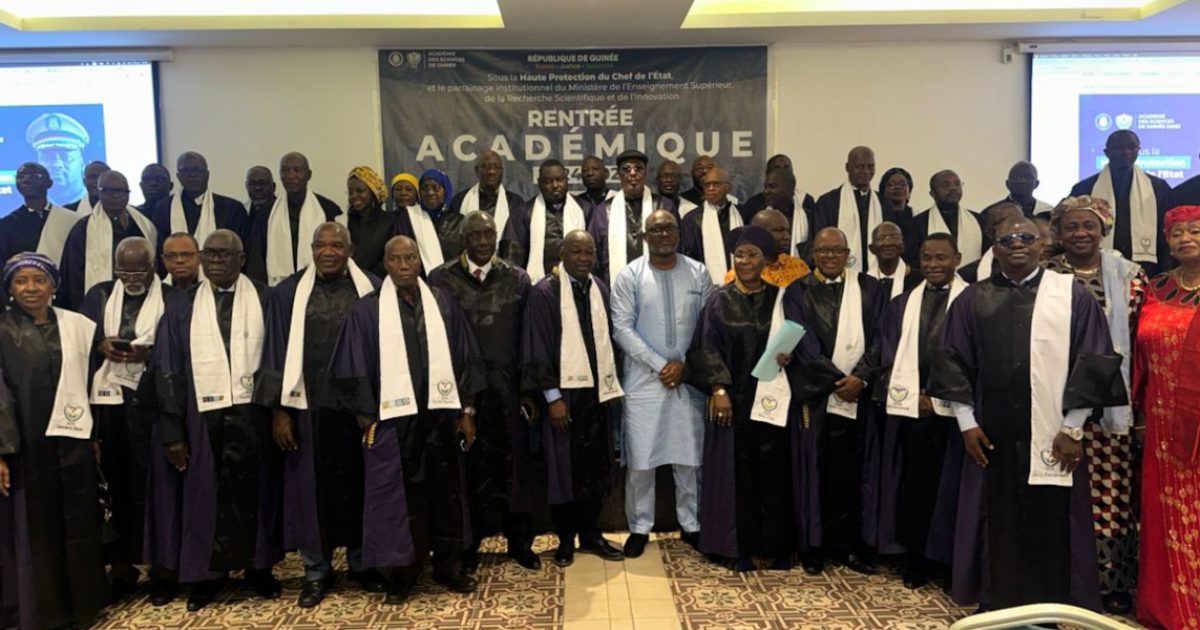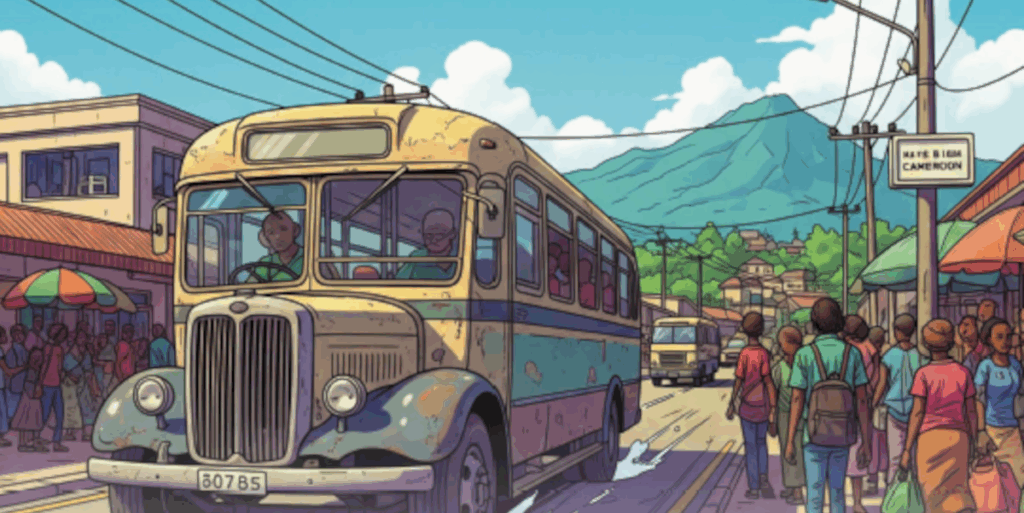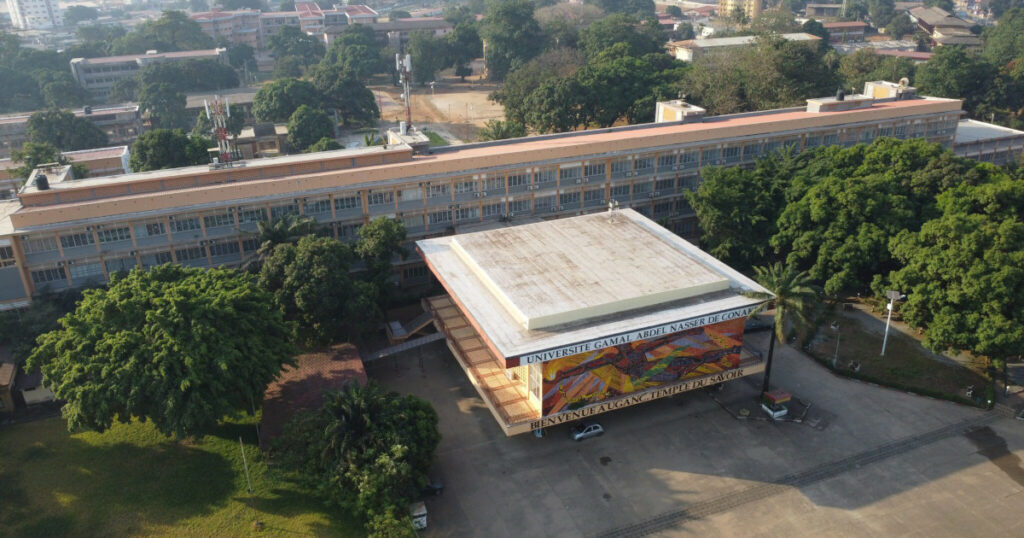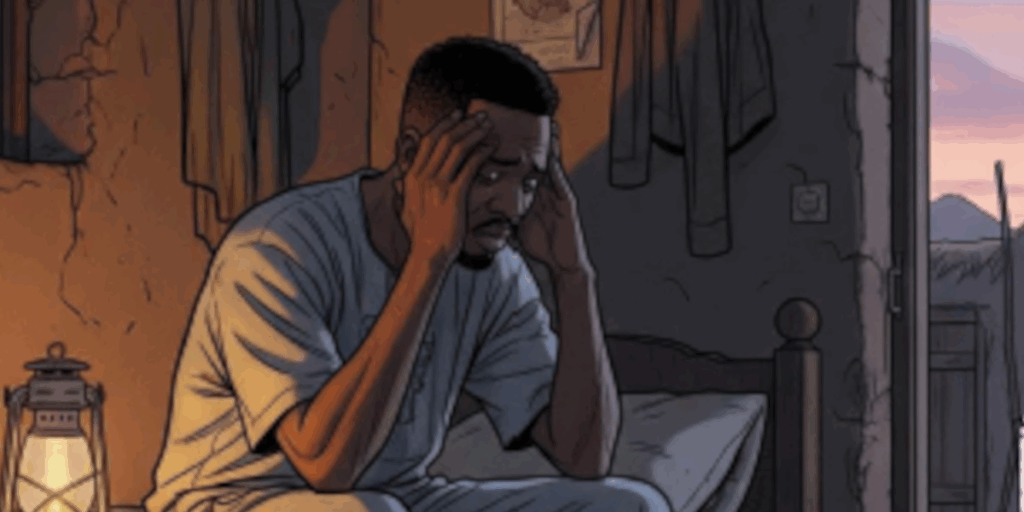A delegation from Academics Across Borders met with the elite of Guinean research to explore possibilities for collaboration
The Académie des Sciences de Guinée (ASG) is the country’s highest scientific forum, at the crossroads of different disciplines. It encourages the acquisition of knowledge in the service of national development.
Created in 2020, it is structured into five colleges:
- science and technology;
- natural and agricultural sciences;
- animal and human health;
- humanities, social sciences, art and culture;
- legal, economic and political sciences.
Health and cultural values
It has developed a reflection on the major problems that have arisen in the country. This is particularly the case in the field of health: after the humanitarian disaster that Ebola constituted, a pandemic management approach was developed, which contributed to a lower mortality rate during the Covid 19 pandemic.
The ASG emphasizes the fact that it has been at the forefront of the rehabilitation of African cultural values. It is keen to highlight the cultural specificities of a Guinean-style democracy.
Areas of work
Several areas of reflection are envisaged:
- Professor Selly Camara, on behalf of the College of Natural and Agronomic Sciences, has expressed interest in collaborating in the fields of water resource management, sustainable agricultural land management, and issues related to biodiversity and climate change;
- the College of Science and Technology, according to its president Professor Tidiane Diallo, remains open to a partnership in the training of lecturers and professors, particularly in mathematics and artificial intelligence (AI);
- Dr. Makalé Traore, president of the College of Legal, Economic and Political Sciences, has expressed the need for the co-supervision of doctoral theses;
- the College of Health Sciences, through its president Professor Oumou Younoussa Bah, is seeking collaboration in the field of the “One Health” program, as well as in the development of telemedicine in Guinea;
- the president of the college of humanities, social sciences, arts and culture, Professor Saliou Diallo, expresses a need for partnership in the field of education and pedagogical innovation, as well as in the management of tangible and intangible heritage (history, languages, cultures and arts).
Priorities still need to be established among all these avenues for joint work. The ball is therefore now in the ASG’s court. USF would be delighted to contribute to a reflection on this development aid project through the improvement of the university and scientific system.
Jean Ruffier and Xavier Alphaize
This article was published by Academics Without Borders. It has been translated in english by Afriscitech.




